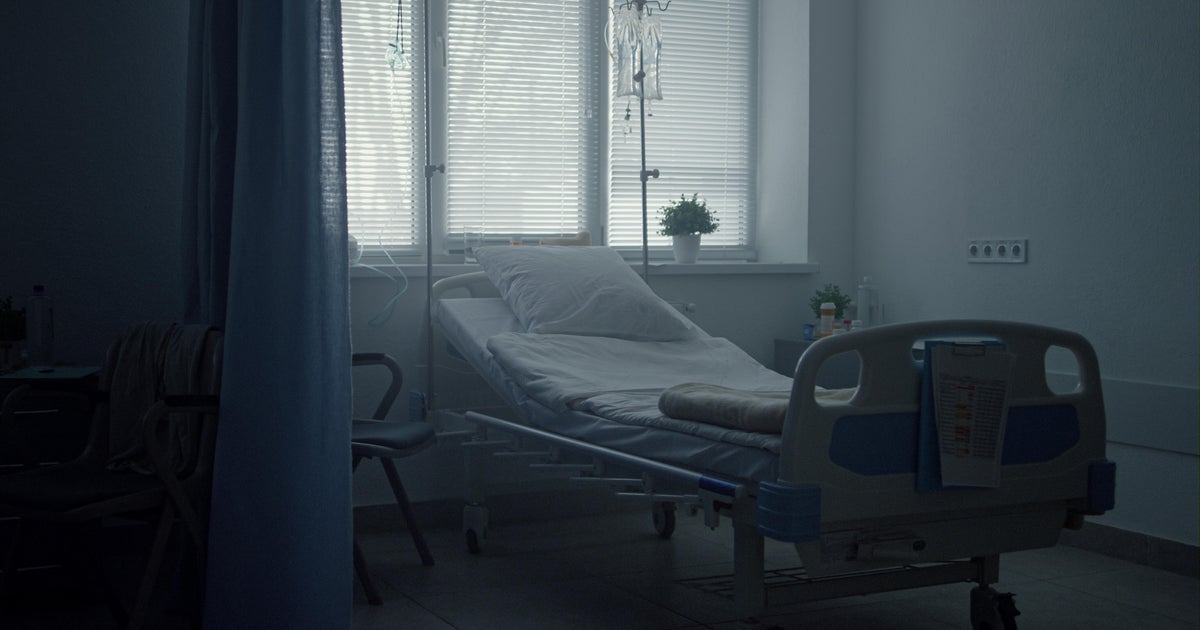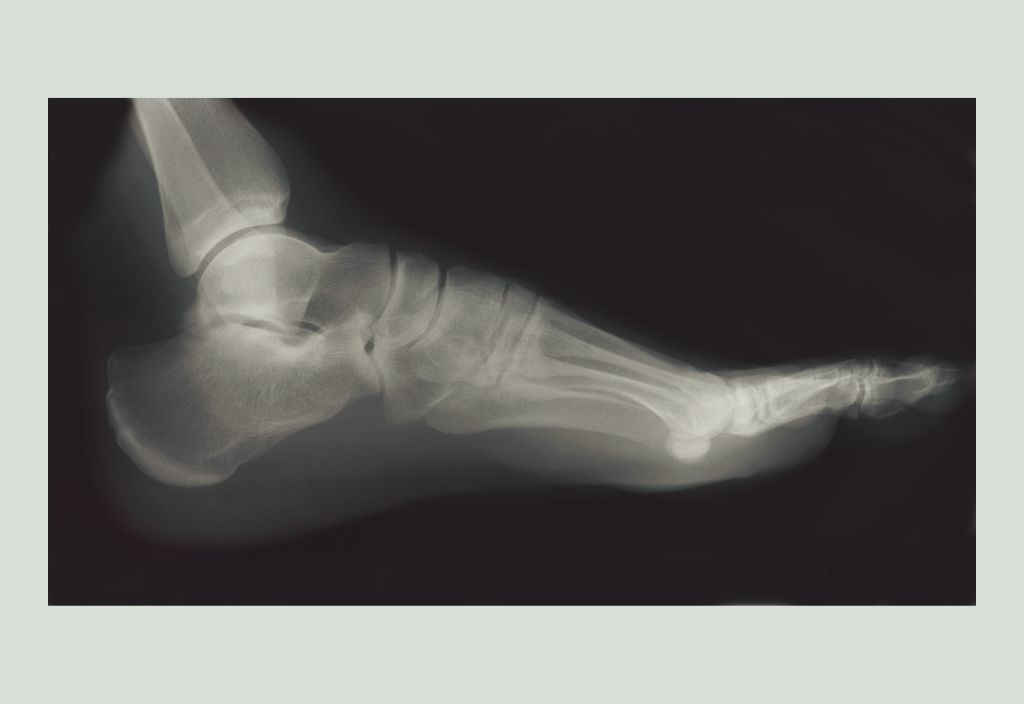Japan's beleaguered nurses battling widespread abuse along with COVID-19
Tokyo — Health care workers the world over are coping with inadequate gear, punishing schedules and a disease without a cure. In Japan, nurses and doctors shoulder an additional burden — abuse, hysteria and harassment from their fellow citizens.
"Why are you nurses walking around outside? It's absurd." The nurse found herself accosted by an agitated man as she returned to her car. "It's your fault the virus is spreading!"
"You work at the hospital, right?" a group of mothers interrogated another nurse in a Tokyo park. "We'd appreciate it if you stayed away." Shocked, the nurse immediately went back home with her kids, she told the TBS network. "It's as if they equate nurses with coronavirus."
A staff member with Kita-Harima Medical Center was unable to move because the moving company refused to pick up his furniture. In Tokyo's Taito Ward, a nurse employed at Eiju General Hospital was asked to stop bringing her preschooler to daycare.
Multiple cases of healthcare workers' children being kicked out of public daycare centers — forcing some nurses to stay home or even to leave the profession — compelled the government to issue a statement that "prejudice and discrimination toward the children of medical workers is absolutely not permissible."
"What do we need to do to protect health workers' kids from 'corona-bullying'?" asked an article in the April 24 edition of President magazine, suggesting that, "strict stay-home orders are causing people to act out, and panic."
Tokyo Governor Yuriko Koike called the execrable treatment of health care workers "extremely sad," adding that, "from a human rights perspective, it's extremely shameful."
The barrage of vitriol towards health workers, along with a stigmatization of coronavirus patients, was addressed in a recent Japanese Red Cross campaign, which said COVID-19 was triggering another epidemic — of fear and vilification of medical staff and patients.
Even before coronavirus hit, nurses, who are overwhelmingly female in Japan, were in short supply in the country. With a spike in severely ill patients needing ventilators and ECMO heart-and-lung machines, which require additional staff, nurses have been stretched to the limit.
In Osaka, two nurses at Namihaya Rehabilitation Hospital, which has over 100 coronavirus cases, were ordered back to work even after they tested positive for the virus. The hospital said it simply couldn't find anyone else.
A 2019 survey by the Japan Nursing Association found that one out of every six nurses quits their job within the first year because of the punishing work, low pay and lack of time off, in addition to sexual harassment.



